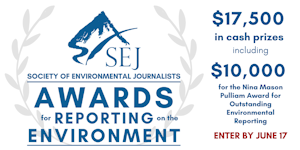Hydrofluoric acid is a deadly chemical used in many petroleum refinery operations. When it escapes, it becomes a gas that can race long distances and kill people who inhale it. Safer alternatives are available to refineries. At the urging of petrochemical companies, Congress and the executive branch have kept the dangers largely secret from the at-risk public, so there has been little pressure for refineries to make their operations safer. In a joint investigation the Center for Public Integrity and ABC News found that worst-case scenarios filed by just 50 refineries showed some 16 million Americans at risk from accidental or intentional hydrofluoric acid releases.












 Advertisement
Advertisement 



